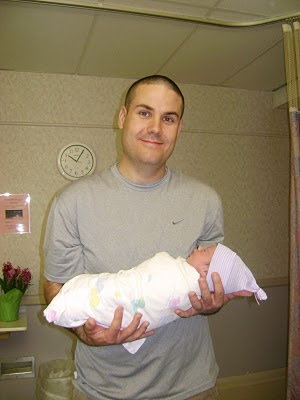










According to Kelly Dorfman, M.S., L.D.N., "In hypotonia, a big gap exists between what a child consumes and healthy cellular nutrition. While neurologists often attribute hypotonia to imbalances in the parts of the brain that control tone, low tone always has a nutritional component. Muscles suffering from nutrient deprivation remain underdeveloped, or if adequately developed, fatigue easily. Whether a youngster is born with low tone, or acquires it through cellular malnutrition, good nutrition can improve the condition, while the tendency toward hypotonia often remains. Eating the perfect diet is only the beginning in low tone. The nutrients must get to the cells, which must then convert them into usable energy.
Three basic strategies can improve inefficient energy delivery and boost output: increasing available nutrients, enhancing nutrient delivery, and improving energy production. All of these can be achieved with specific nutritional supplements. Nutritional therapy for low tone is a long term management plan, not a quick fix.
Increasing Available Nutrients through Diet
The first step is to control the intake of concentrated refined sugars, such as candies, sweetened drinks, and desserts, while increasing the amount of protein in the diet. People with hypotonia tire easily so they often reach for sweets and starches as quick sources of energy. Protein foods tend to contain more concentrated nutrients than sugary items, which have many calories and few vitamins and minerals. Improving nutrient density is critical because inefficient energy production result is loss of nutrients."
"At (a high) level of sugar intake, there is a risk of damaging or even destroying the adrenal and thyroid glands. These delicate glands must work overtime to help the body deal with excess sugar. After awhile under the pressure of constant bombardment of refined sugar, these glands literally burn out. To be sure, the glands are capable of regenerating and their function can returnif you make the appropriate dietary changes and get off the sugar . There is a risk for permanent damage if you continue your sugar consumption. The more sugar consumed over the years, the more likely it is that you will have burned out a portion of your adrenal and thyroid glands."


According to Kelly Dorfman, M.S., L.D.N., "In hypotonia, a big gap exists between what a child consumes and healthy cellular nutrition. While neurologists often attribute hypotonia to imbalances in the parts of the brain that control tone, low tone always has a nutritional component. Muscles suffering from nutrient deprivation remain underdeveloped, or if adequately developed, fatigue easily. Whether a youngster is born with low tone, or acquires it through cellular malnutrition, good nutrition can improve the condition, while the tendency toward hypotonia often remains. Eating the perfect diet is only the beginning in low tone. The nutrients must get to the cells, which must then convert them into usable energy.
Three basic strategies can improve inefficient energy delivery and boost output: increasing available nutrients, enhancing nutrient delivery, and improving energy production. All of these can be achieved with specific nutritional supplements. Nutritional therapy for low tone is a long term management plan, not a quick fix.
Increasing Available Nutrients through Diet
The first step is to control the intake of concentrated refined sugars, such as candies, sweetened drinks, and desserts, while increasing the amount of protein in the diet. People with hypotonia tire easily so they often reach for sweets and starches as quick sources of energy. Protein foods tend to contain more concentrated nutrients than sugary items, which have many calories and few vitamins and minerals. Improving nutrient density is critical because inefficient energy production result is loss of nutrients."
"At (a high) level of sugar intake, there is a risk of damaging or even destroying the adrenal and thyroid glands. These delicate glands must work overtime to help the body deal with excess sugar. After awhile under the pressure of constant bombardment of refined sugar, these glands literally burn out. To be sure, the glands are capable of regenerating and their function can returnif you make the appropriate dietary changes and get off the sugar . There is a risk for permanent damage if you continue your sugar consumption. The more sugar consumed over the years, the more likely it is that you will have burned out a portion of your adrenal and thyroid glands."







